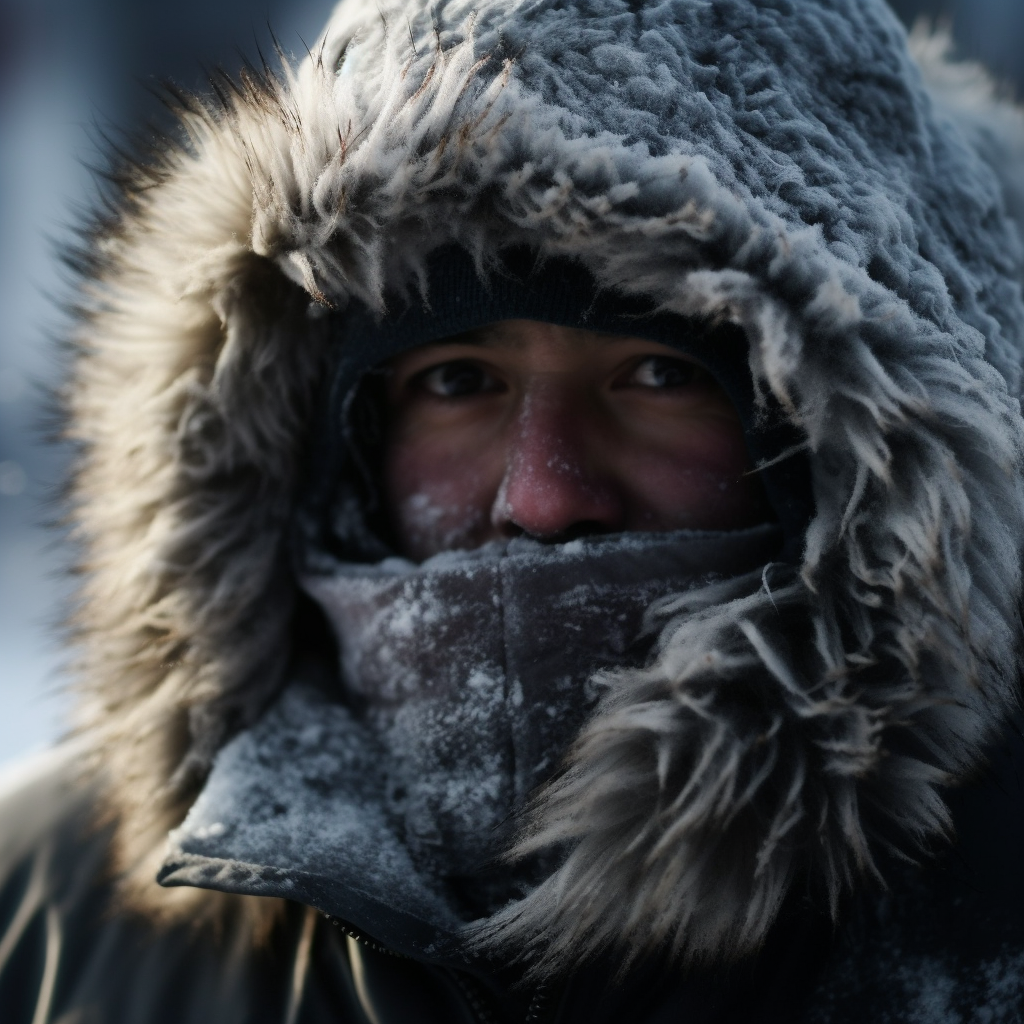January 17, 2024
Extreme Cold Spells Amidst Global Warming Phenomenon
Book a Demo
As the United States grapples with extreme cold temperatures and snow squalls, there is a risk that these conditions could bolster the arguments of climate change deniers, particularly following a summer of record-breaking heat. However, it’s crucial to understand that despite the occasional cold extremes, the overall trend sees winters warming, and global heat records consistently surpassing cold records. In fact, 2023 has been marked as the hottest year on record by a significant margin.
The seemingly paradoxical occurrence of freezing temperatures amidst global warming has led some scientists to suggest that the warming Arctic may be influencing these icy blasts. The theory is that as the Arctic warms, it increases the likelihood of frigid air moving southwards. Central to this theory is the role of the polar vortex, a belt of wind high in the stratosphere. This vortex can disrupt and release cold air, influencing our weather patterns. Some scientists believe this disruption may be driven by accelerated warming in the Arctic.
However, it’s worth noting that the relationship between Arctic warming and extreme cold snaps is still under debate among scientists. Some argue that such events can be explained by normal climate variability. Nonetheless, the weather phenomenon of extreme cold in the US, contrasting with unusually warm weather in most other parts of the world, fits within the climate change narrative.
Several parts of the world, including the Arctic, Asia, parts of Africa, the Middle East, and South America, are experiencing temperatures significantly warmer than the late 20th-century average. This reinforces the reality that while some areas may be experiencing extreme cold, the broader global trend is towards warming.
The term polar vortex, which has been in use since 1853, is increasingly being used to explain the extreme cold outbreaks in the United States. This phenomenon is expected to become more frequent due to climate change. Hence, while it may seem counterintuitive, extreme cold spells in some regions do not negate the reality of global warming. Instead, they may well be a part of the complex, and often unpredictable, impacts of our changing climate.
Science4Data is committed to cut through greenwashing and measure real impact. Join the journey to a sustainable future. Your actions matter.



